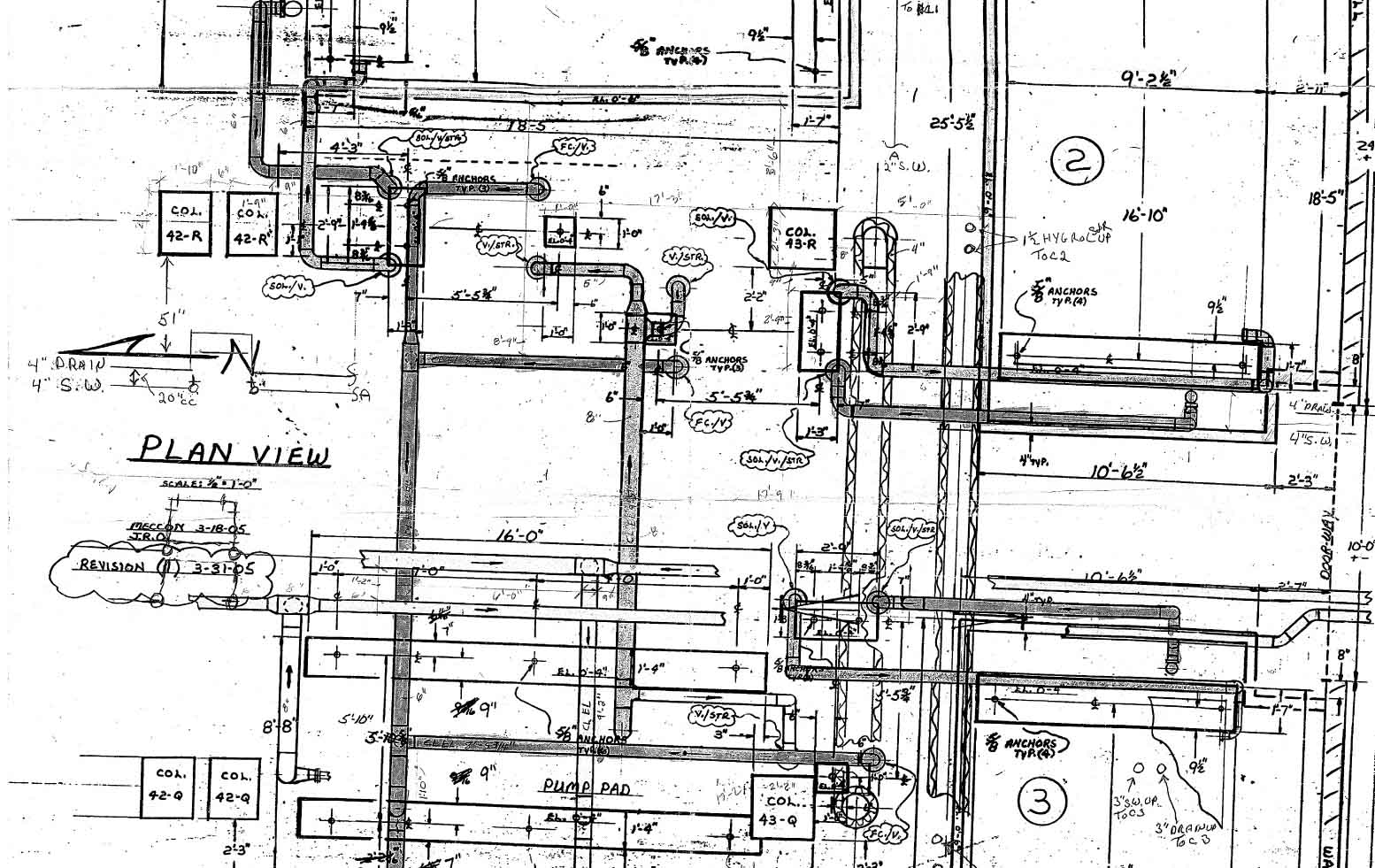
Spring is the time when many homeowners around Red Oakland start wondering about their sump pumps, and with good reason – the spring months are the time when it’s most important to be sure that your sump pump is in prime working condition, the better to service your basement during bouts of heavy rain and humidity.
What confuses many of our customers, though, is the pump they may locate near their sump pump during an inspection, the ejector pump.
For many with finished basements, the ejector pump is an unsung hero – but for many, it’s a fairly mysterious part of the plumbing system, as well. Most of us tend to lump both types of pumps together, when we consider the ejector pump at all. And while they both provide a vital service to our properties, they actually perform fairly different functions and should be looked at individually.
So, just what’s the difference between a sump pump and an ejector pump? Let’s take a look at these two vital systems.
What is a Sump Pump?
The sump pump is a vessel that protects basements from ground water damage. How do they work? If a sump pump is in place, water – namely, ground water – flows into a shallow pit, known as the sump basin, by way of an interior and exterior network of tubes, often including a “drain tile system.”
Once enough water pools in the sump basin, the sump pump is triggered automatically by a float switch; from there, it pushes the water out and away from your house via a discharge pipe, which may flow into your lawn, into a dry well, or even directly to the municipal storm sewer.
So, besides keeping your home dry, why invest in a sump pump? A functional sump pump adds a ton of value to your home while preventing a lot of the byproducts of water damage, including mold and mildew, rust and corrosion, and even fires.
What is an Ejector Pump?
The main difference between the two pumps? While a sump pump deals with cold, clear ground and rainwater, an ejector pump deals directly with water that comes through your home’s system – that is, “grey water” from your washing machine or basement sink, or the waste water that comes from a below-ground bathroom.
In short, an ejector pump deals more with sewage and waste water, whereas a sump pump treats ground water, both of which are kept in two separate systems.
Why do you need an ejector pump? While gravity provides a drainage boost to most of our homes’ plumbing systems, the appliances in our basement are installed below the level of the pipes; the ejector pump provides a much-needed way to prevent drainage backup prevent drainage backup in your basement.
We’ll let this this great piece at Angie's List explain how it works:
“Most sewage pumps employ a tank that holds a certain amount of sewage. The float rises with the sewage, and signals the pump to cycle on. Once the pump is running, the sewage moves out of the tank and into the plumbing pipes, where it joins the main sewer lines and leaves the home. When the tank is empty, the float moves toward the tank's bottom, and the pump shuts off.”
Like your sump pump, your ejector pump can cause major headaches if left unattended, so be sure to regularly have it serviced and maintained by a licensed professional. While many ejector pump models are equipped with sensors that will alert homeowners to any problems, some will come without, and it’s best to schedule regular inspections (and maybe even install a backup pump) for good measure.
That’s where we come in! For any more questions about your home’s plumbing or drainage, or to schedule an estimate for service, feel free to drop us a line, day or night! Our experienced, professional team is here and ready to help.








